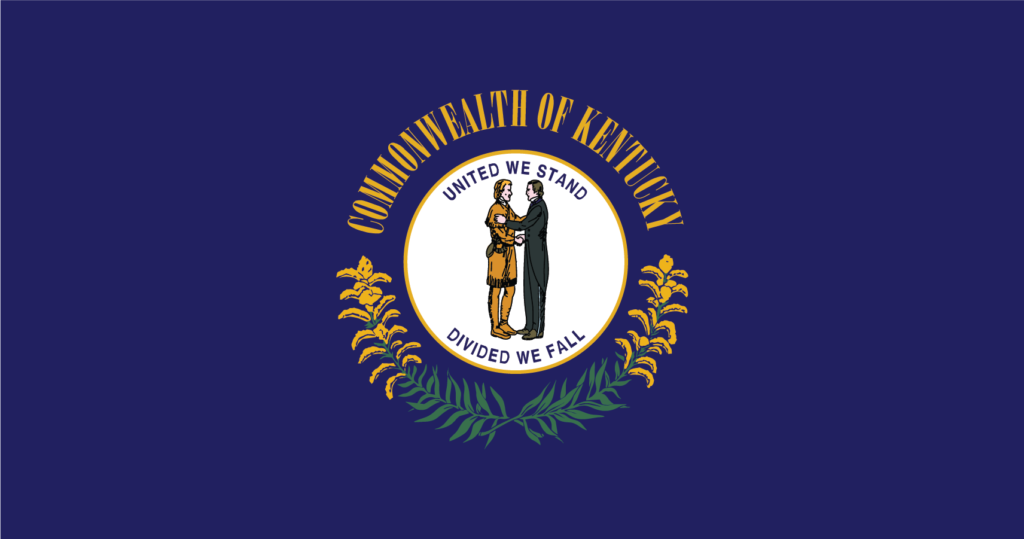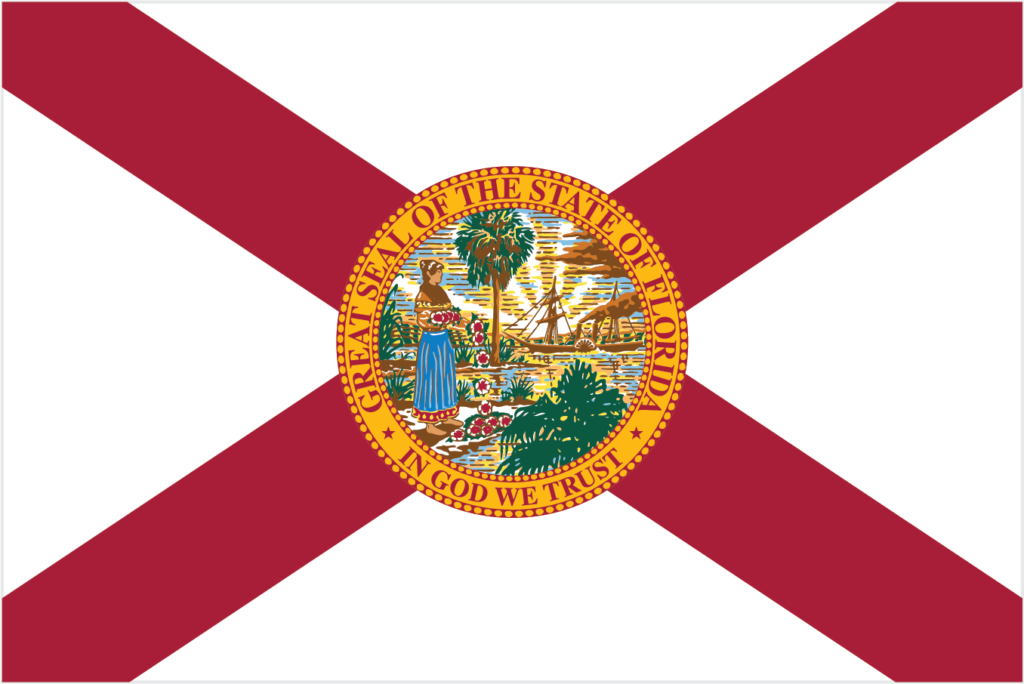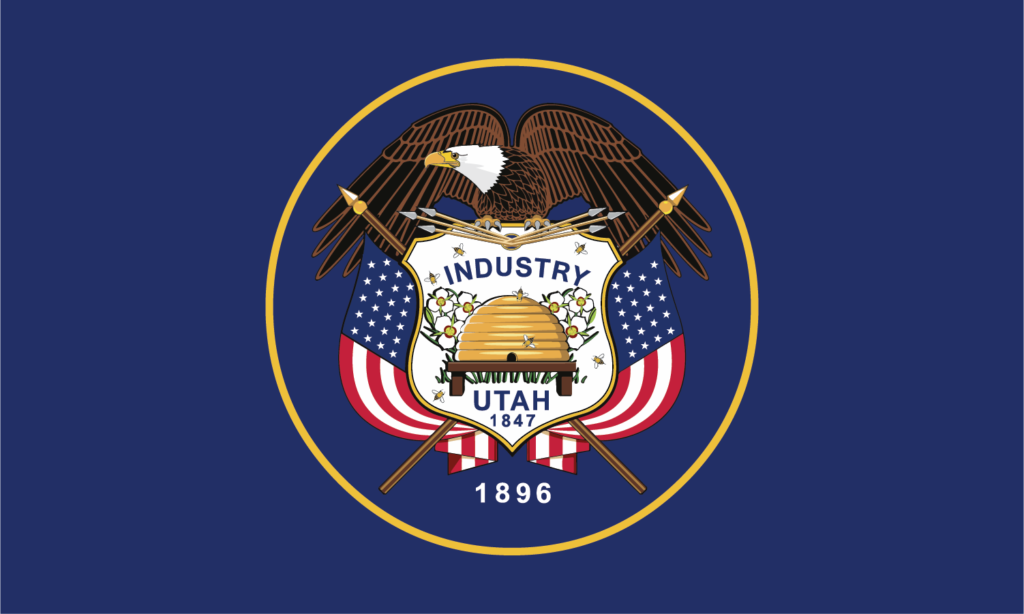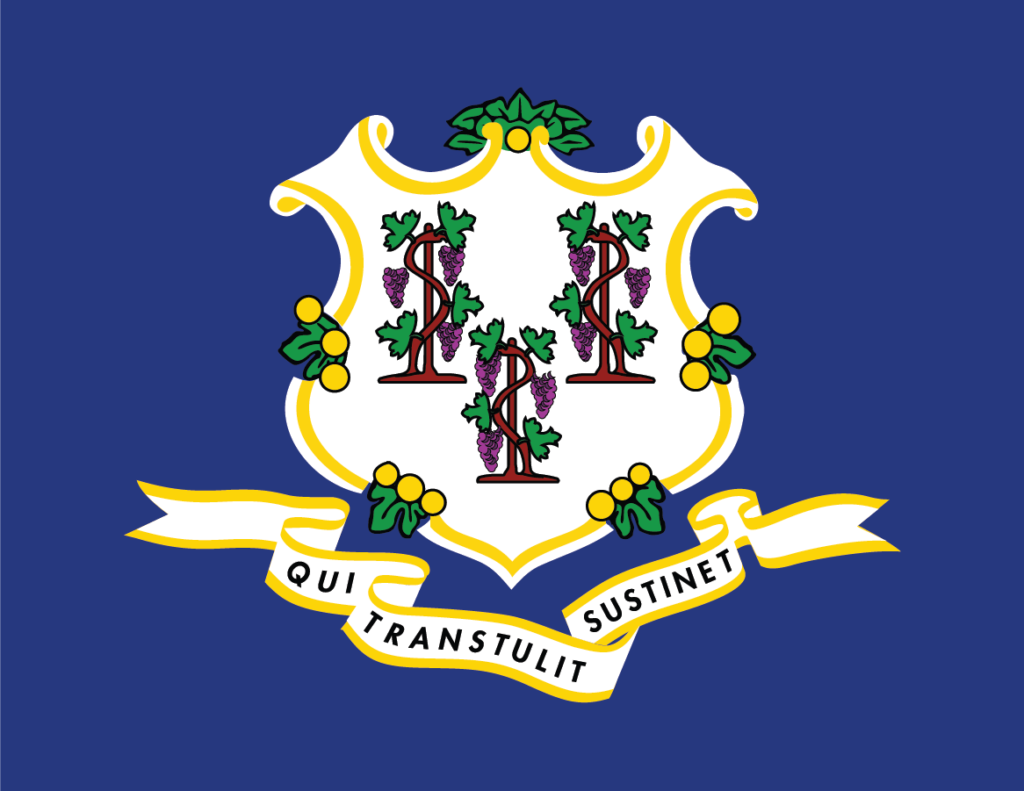New Kentucky Law Streamlines Occupational Licensing for Military-Affiliated Professionals

On March 26, Kentucky Gov. Matt Bevin signed HB 323, which will improve occupational licensure portability for veterans, military spouses, and National Guard and Reserve members.1 The bill will require administrative bodies that issue occupational licenses and other regulatory authorizations to endorse and license any applicant that is a member of the National Guard or Reserves, a veteran, or the spouse of a veteran or military member, provided he or she possesses or recently possessed an equivalent license in another state.
Read More »New Kentucky Law Streamlines Occupational Licensing for Military-Affiliated Professionals






